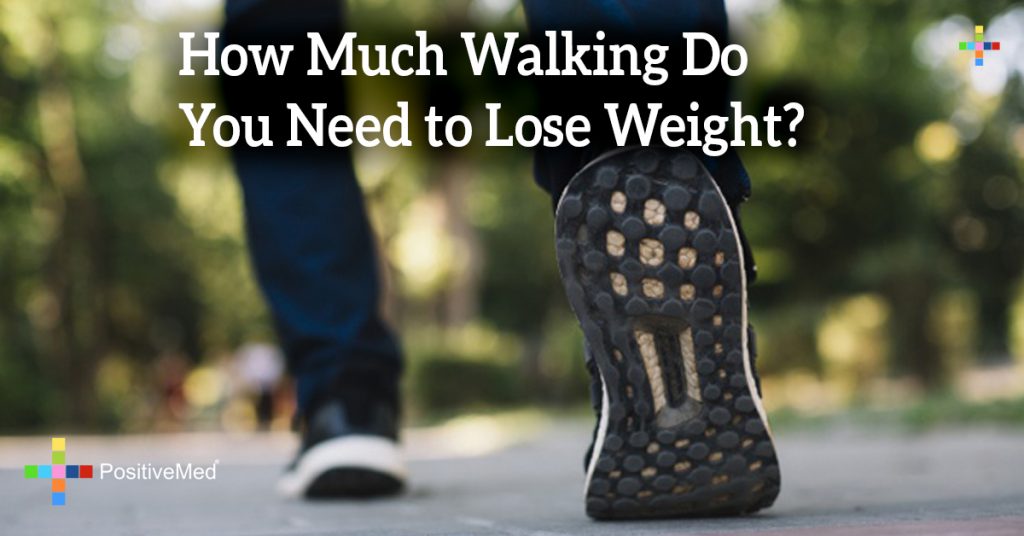
Walking Off The Pounds- How Much Walking Do You Need to Lose Weight?
[nextpage title=”…”]
What you eat is only one part of the weight-loss equation. Diet alone might help you drop pounds, but you’ll have trouble keeping them off if you don’t exercise, that’s not to mention the added benefits you’ll miss out on from improved mood to better sleep, to disease prevention.
Fad diets may promise you that counting carbs or eating a mountain of grapefruit will make the pounds drop off, but when it comes to weight loss, it’s calories that count. Weight loss comes down to burning more calories that you take in. You can do that by reducing extra calories from food and beverages and increasing calories burned through physical activity.
Once you understand that equation, you’re ready to set your weight-loss goals and make a plan for reaching them. Remember, you don’t have to do it alone. Talk to your doctor, family, and friends for support. Also, plan smart: Anticipate how you’ll handle situations that challenge your resolve and the inevitable minor setbacks.
If you have serious health problems because of your weight, your doctor may suggest weight-loss surgery or medications for you. In this case, you and your doctor will need to thoroughly discuss the potential benefits and the possible risks, but don’t forget the bottom line: the key to successful weight loss is a commitment to making permanent changes in your diet and exercise habits.

People often focus on diet when they’re trying to lose weight, being active is an essential component of a weight-loss program. When you’re active, your body uses energy (calories) to work, helping to burn the calories you take in with food you eat.
Cleaning the house, making the bed, shopping, mowing, and gardening are all forms of physical activity. Exercise, on the other hand, is a structured and repetitive form of physical activity that you do on a regular basis.
[/nextpage] [nextpage title=”…”]
Whatever activity you choose, do it regularly. Aim for at least 150 minutes a week of moderate physical activity or 75 minutes a week of vigorous aerobic activity — preferably spread throughout the week. Keep in mind that you may need more physical activity to lose weight.
Most experts recommend at least 30 minutes of moderate-intensity exercise, such as brisk walking, most or all days of the week. During a 30 minutes walk, you can burn between 90 to 360 calories, depending on your weight and your walking speed. Typically, 30 minutes a day offers disease-prevention benefits, while 60 minutes helps with weight maintenance. Working out for 90 minutes a day helps on both fronts– and melts additional pounds. Regular exercise also cuts the risk of heart disease and diabetes, improves blood pressure and cholesterol levels, promotes better sleep, and builds healthy bones, muscles and joints.
Though exercise is essential to a healthy lifestyle, check with your doctor before starting a new regimen. That’s particularly important if you have heart disease, asthma, diabetes, or arthritis; if you smoke, if you’re overweight or obese, or if you haven’t worked out in more than three months start with just 10 minutes a day. Slowly increase your intensity by adding more time.

Disclaimer: This article is for informative purposes only, and should not be used as a replacement for expert medical advice.
How Much Walking Do You Need to Lose Weight?
By Khrystyana Kirton
Edited By Stephanie Dawson
Reviewed By Nima Shei, MD
[Last Updated on May 25th 2014]
[/nextpage]







